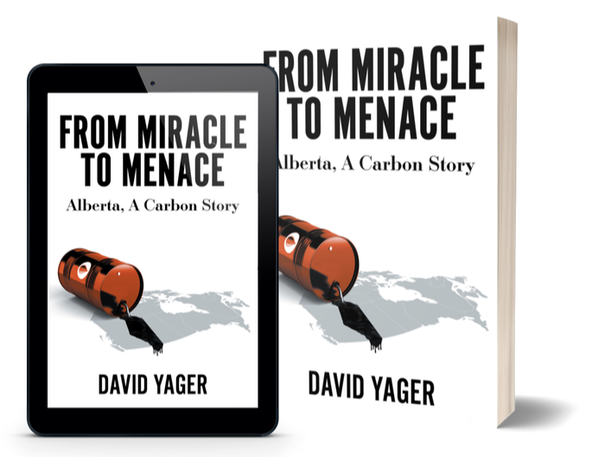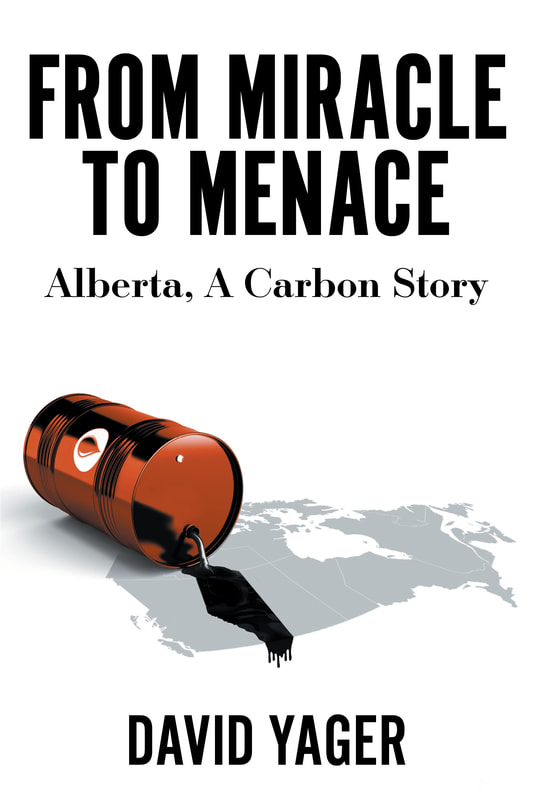FROM MIRACLE TO MENACEWritten by David Yager, one of Canada’s most experienced and respected writers about the oil and gas industry, energy policy, and the politics that affect Alberta and its number one industry. |
FROM MIRACLE TO MENACE
|
(photo in header courtesy Beaver Drilling Ltd.)

